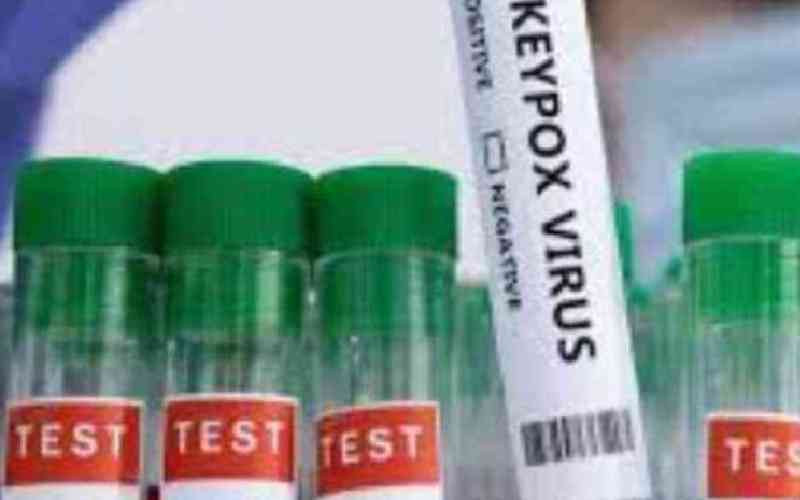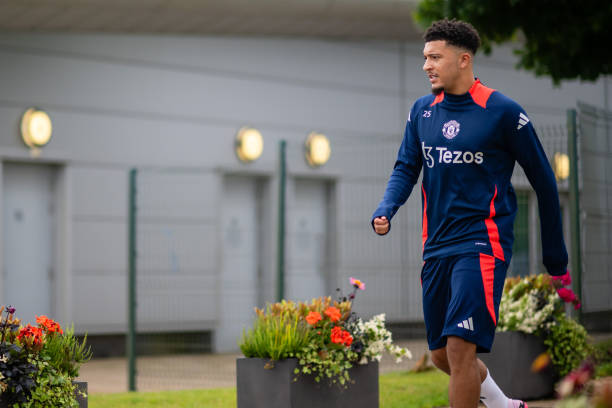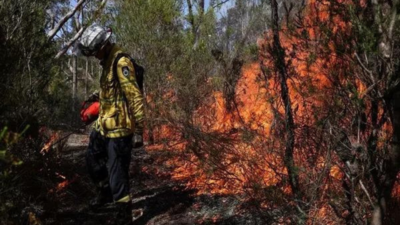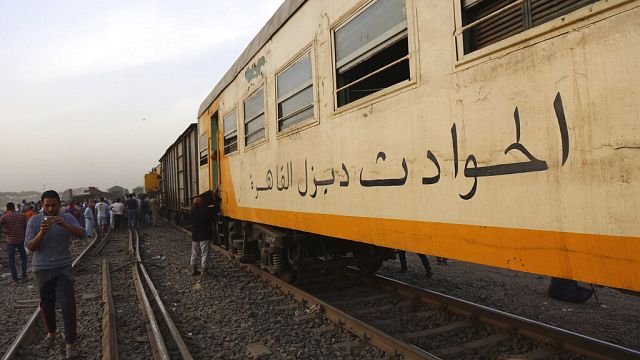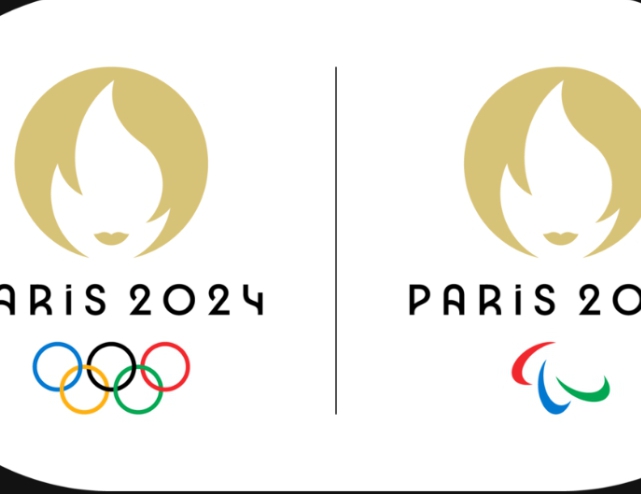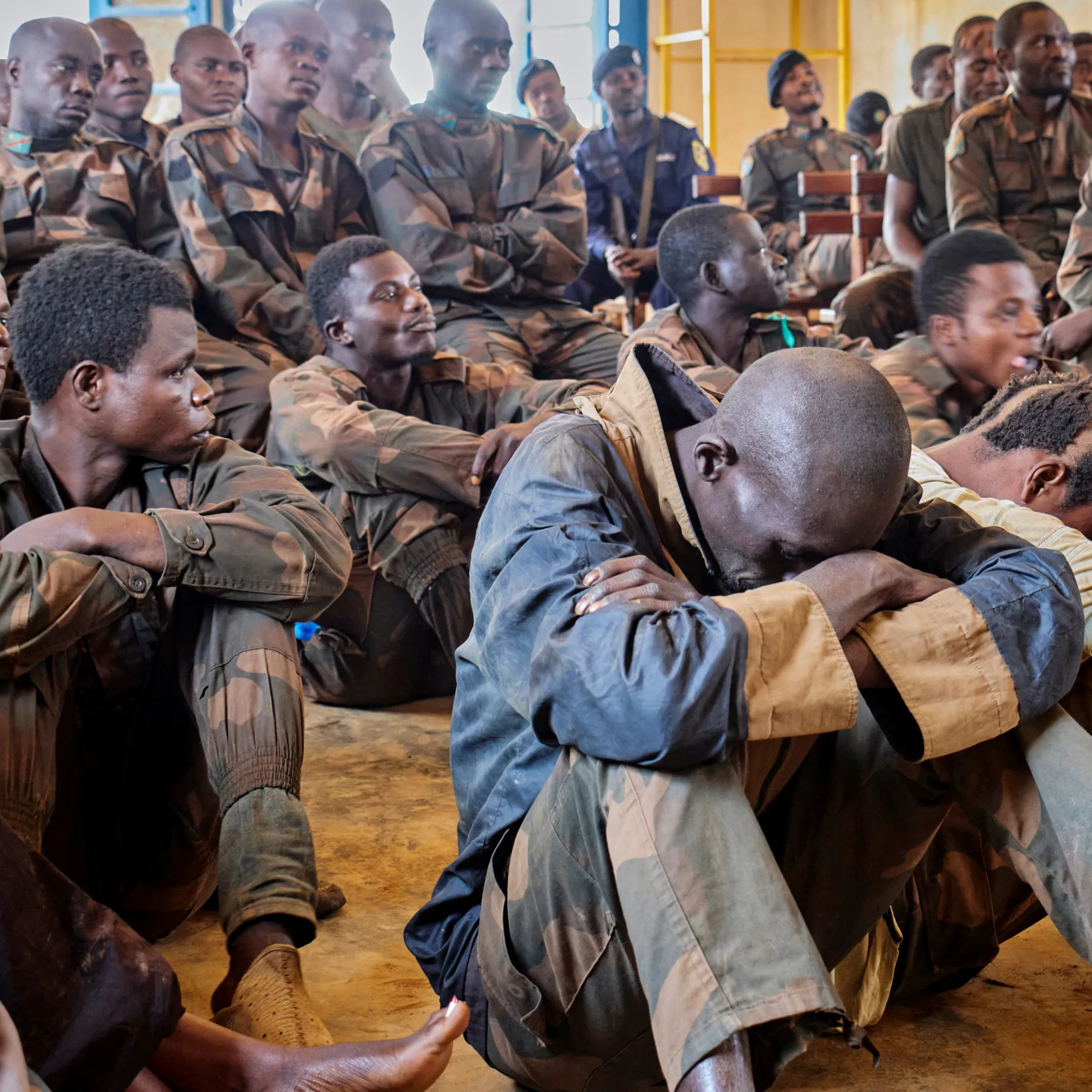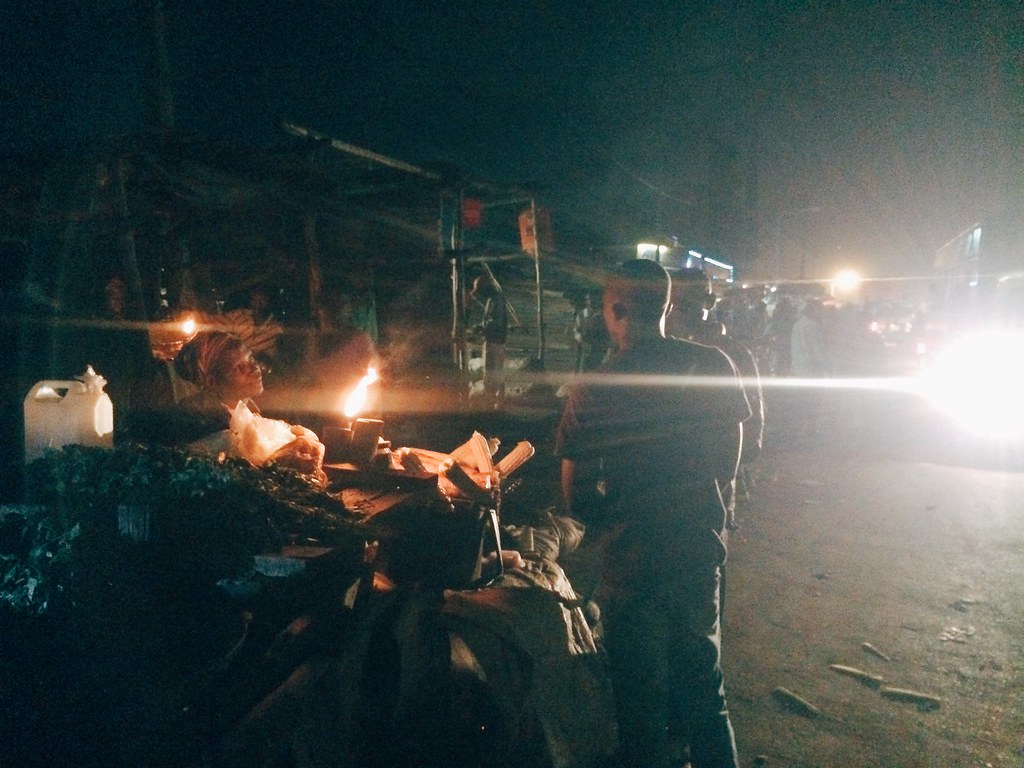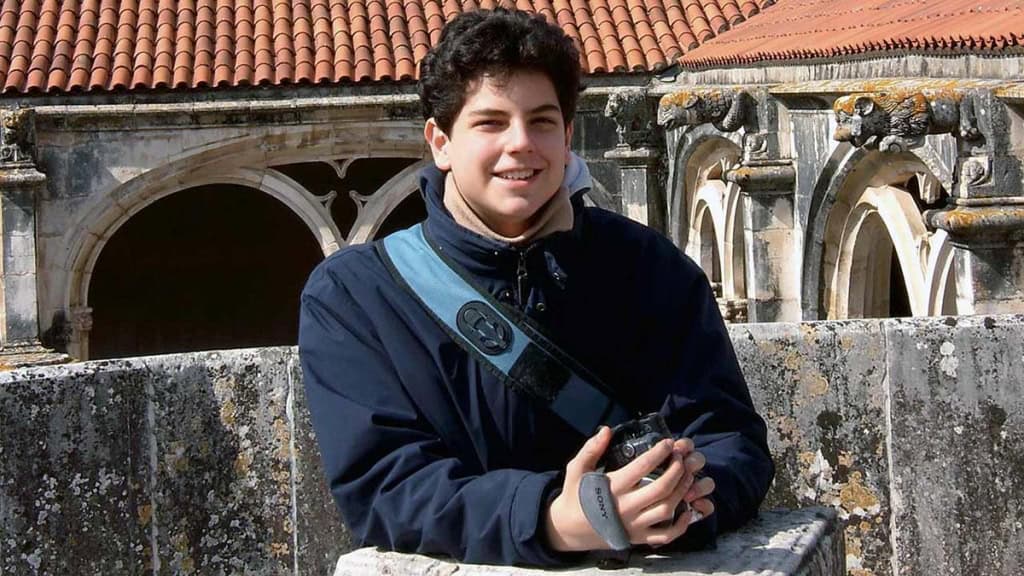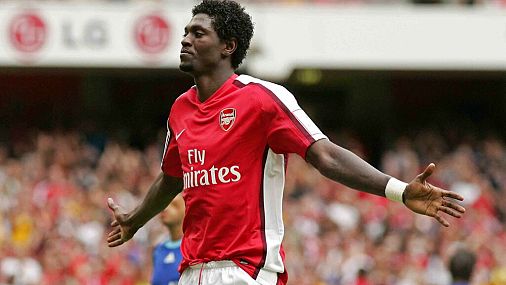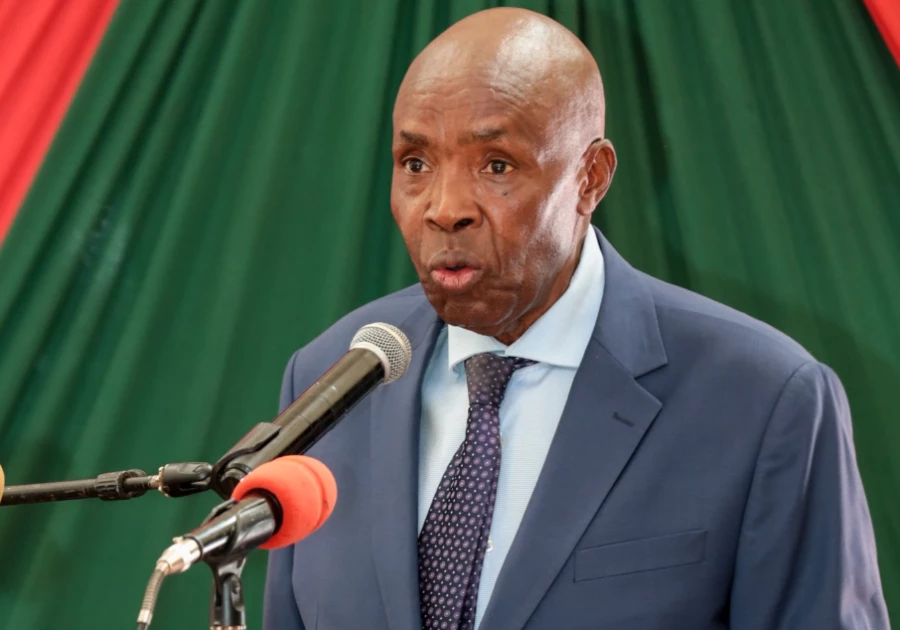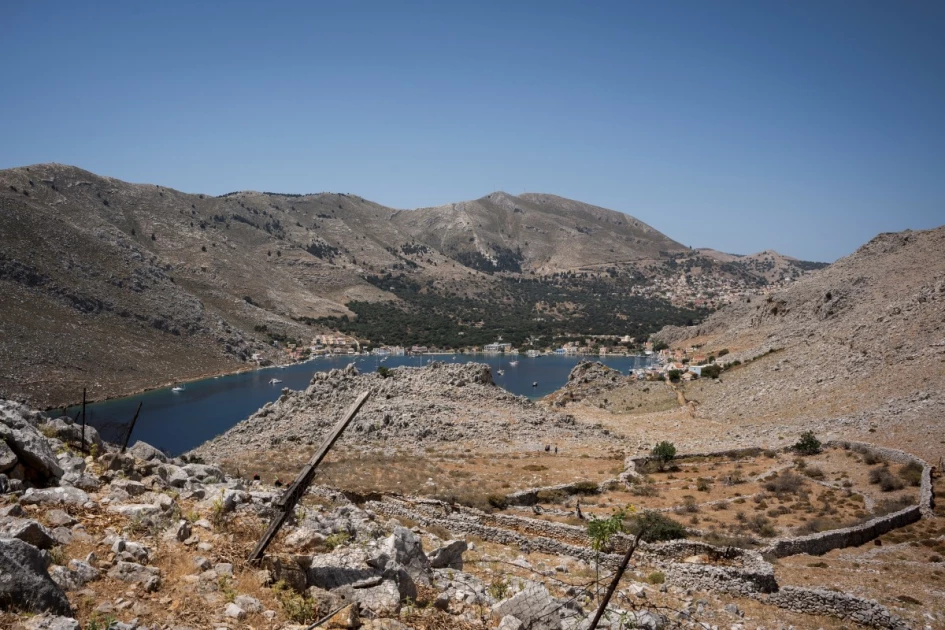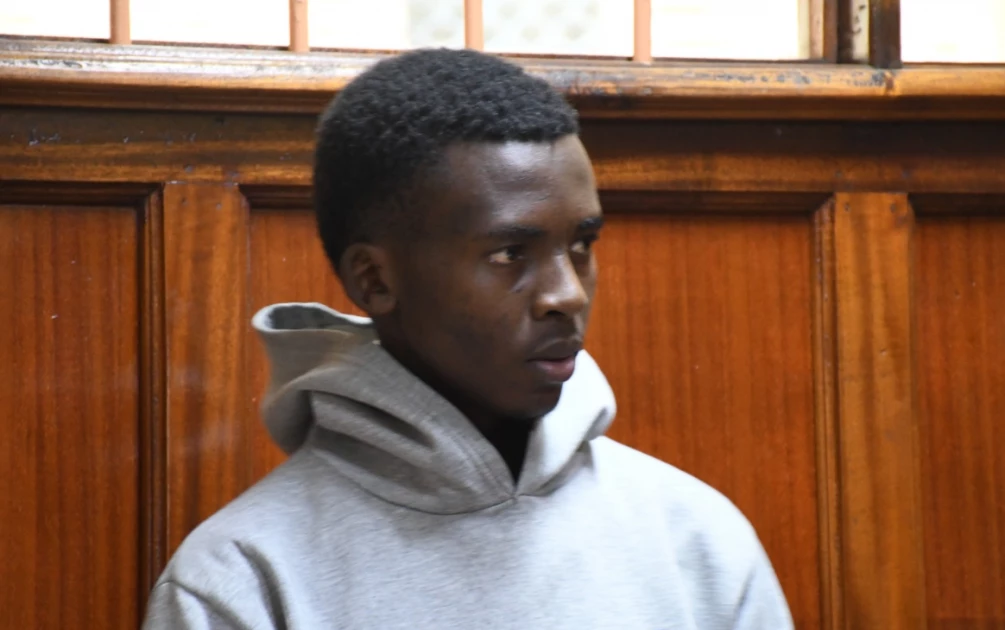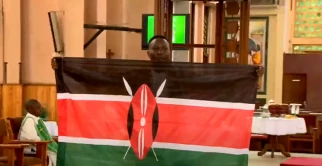In the Democratic Republic of Congo’s (DRC) conflict-ridden Kivu region, more than 17,000 victims of sexual violence received medical treatment in just five months last year, according to a new humanitarian report.
The staggering figure emerged as fighting intensified between Congolese government forces and M23 rebels, pushing the already fragile region into deeper crisis. Aid workers warn that the real number of survivors is likely much higher, as many cases go unreported due to fear, stigma, and a lack of accessible health services.
Humanitarian agencies describe the violence as part of a deliberate pattern of abuse, with sexual assault used as a weapon of war to terrorize communities and displace populations. Survivors range from very young children to elderly women, and men have also been subjected to sexual violence — a fact that is often underreported.
The Kivu sexual violence crisis is being compounded by a humanitarian emergency. Displacement camps are overcrowded, resources are scarce, and medical teams are overwhelmed. Some clinics have been forced to operate without electricity or running water, making post-assault treatment and psychological support extremely challenging.
The M23 rebellion, which re-emerged in late 2021, has been repeatedly accused by the United Nations of committing atrocities, including mass rape. Government-allied militias have also been implicated in similar abuses, underscoring the complexity of the conflict and the difficulty of achieving accountability.
International rights groups are urging urgent action from the African Union, the UN Security Council, and donor nations. They argue that without sustained funding, justice mechanisms, and survivor-centered care, the Kivu sexual violence crisis will continue to spiral.
Despite multiple peace talks and the presence of UN peacekeepers, eastern DRC remains one of the world’s most dangerous regions for women and girls, with sexual violence deeply entrenched in the conflict’s brutal dynamics.



